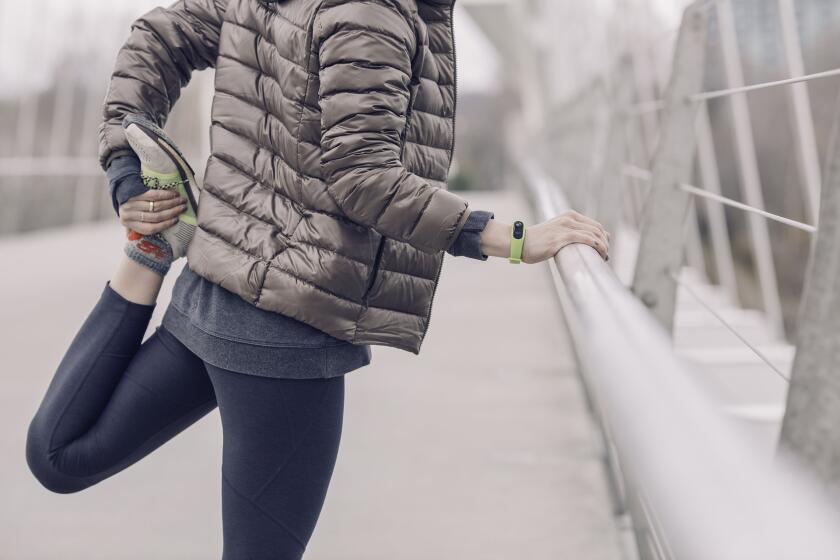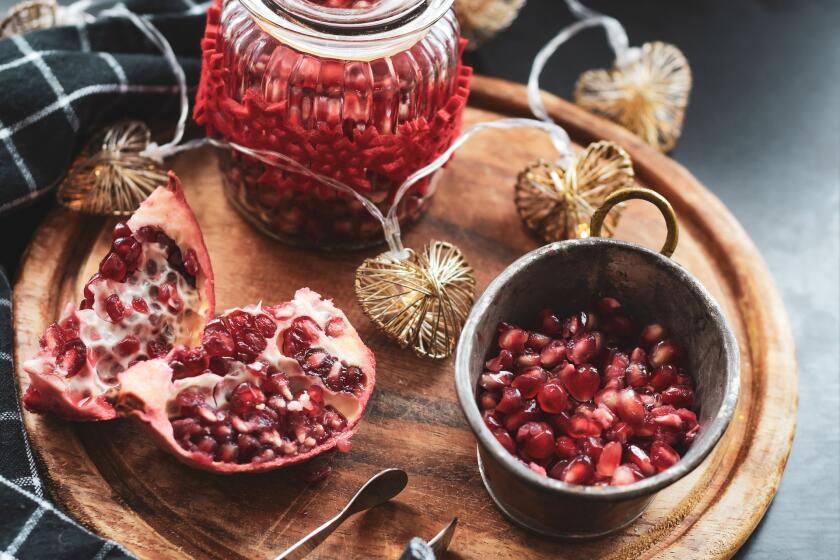Will My Caffeine Habit Cause Varicose Veins?
Many of us would not get through the day without a cup of coffee or other kind of caffeine pick-me-up. For some people, the routine cup of coffee is a morning treat; for others, they may as well be hooked up to an IV, pumping in cup after cup to keep themselves going.
Caffeine also comes in alternate forms; some people prefer sodas, while others opt for black tea. A few people may not even realize they are consuming caffeine in their chocolate products.
But more people now are taking note of the role that caffeine, particularly coffee, plays on the body. After too much caffeine intake, people can experience jitteriness and nervousness, as well as insomnia, muscle tremors, and upset stomach. Caffeine acts as a diuretic, though generally mild, but it can lead to some dehydration. The effect that most people find themselves concerned with is a faster heartbeat after drinking more than the recommended amount of caffeine, which is up to 400 mg a day (or four cups of coffee). As caffeine is a stimulant, though, it does elevate heart rate and can increase blood pressure.
This has many people wondering about the effects that caffeine intake can have on the veins and whether or not ingesting too much caffeine can cause varicose veins.
Caffeine does constrict the blood vessels, though this is a mild and short-term effect. But while elevated blood pressure can put a strain on your veins, generally, varicose veins are caused by a weakening of the venous walls. This weakening can occur with elevated blood pressure over a prolonged period of time—but it’s not generally the kind of damage that caffeine can do alone to the veins.
The truth is that varicose veins tend to be hereditary, though people can experience varicose veins as a result of trauma, hormones, or standing and sitting for extended periods of time.
Avoiding caffeine will not prevent a person from getting varicose veins. There is no foolproof method to preventing varicose veins, and once you get them, you are more likely to see a recurrence of the blue, rope-like clusters under your skin. When this occurs, it’s time to consider sclerotherapy treatment, a painless in-office treatment.
Ultimately, you should probably avoid caffeine if you have elevated blood pressure, or you experience any of the negative symptoms associated with caffeine intake. However, if you are relatively healthy and experience good circulation, the impact on your veins is minimal and temporary. So go ahead and enjoy your cup of coffee—but like most things, moderation is key. Know your body and watch out for changes in how you feel, or if you see varicose veins start to form, or if your legs begin to swell with frequency. Varicose veins are a medical condition and most insurance plans will cover the sclerotherapy treatment required to remove them.
If you would like to know more about sclerotherapy treatment or vein health in general, contact us at 760-944-9263 or visit our website at www.sdveininstitute.com.
Get the La Jolla Light weekly in your inbox
News, features and sports about La Jolla, every Thursday for free
You may occasionally receive promotional content from the La Jolla Light.




